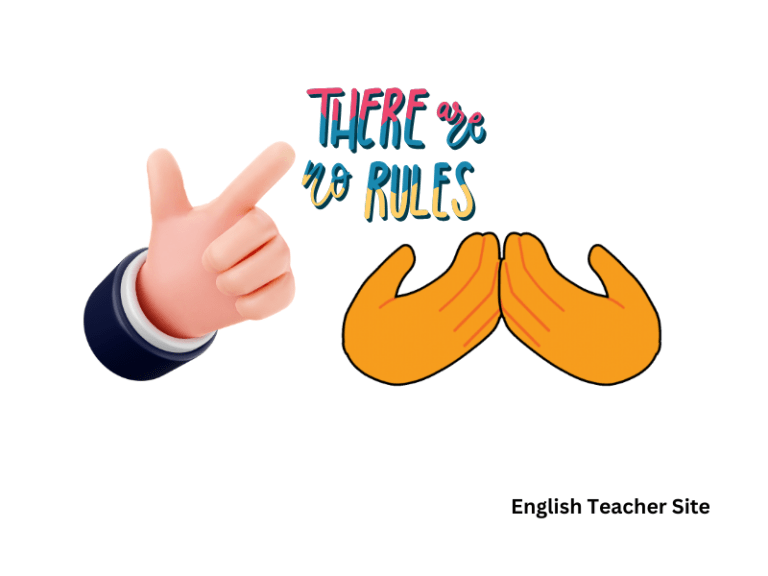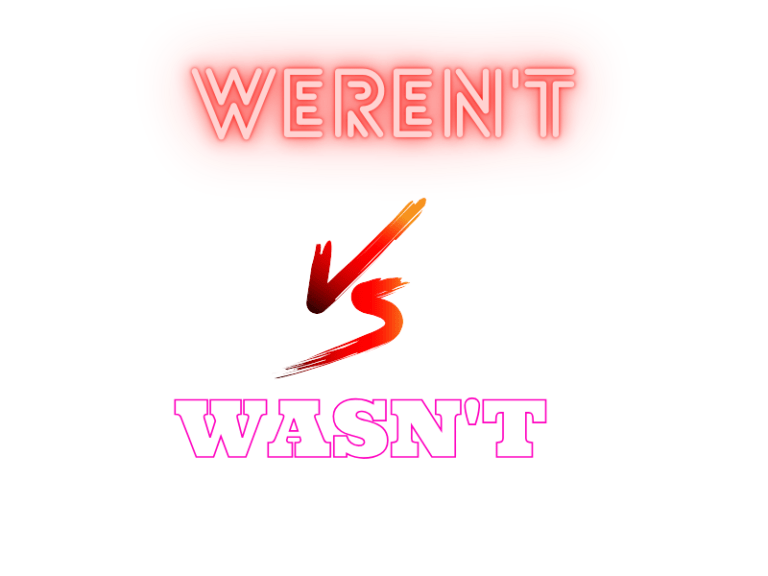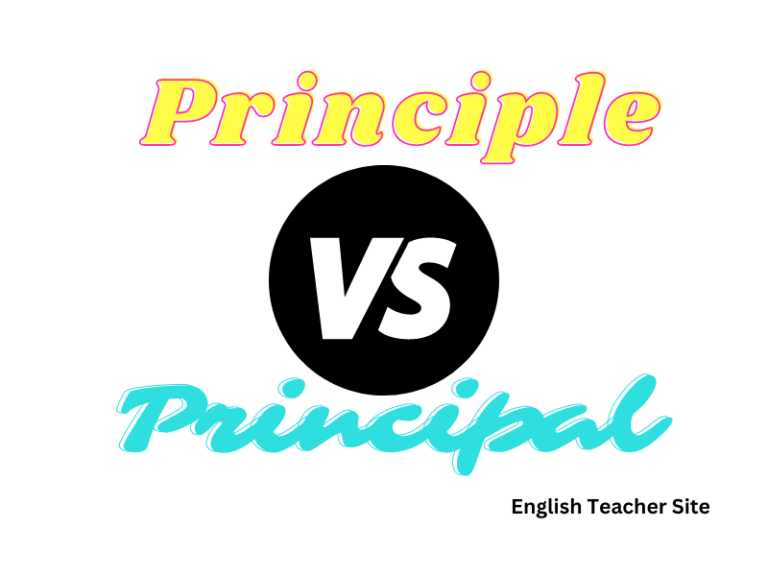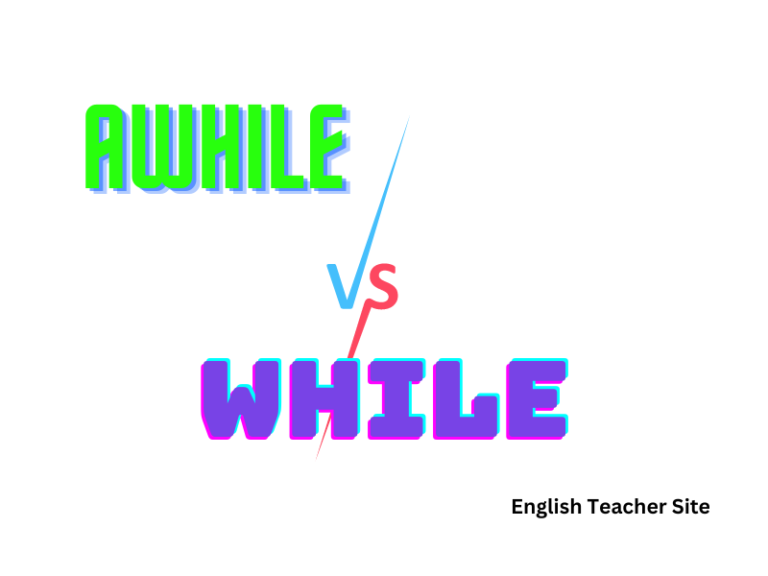Media Singular or Plural: Understanding Usage and Conventions
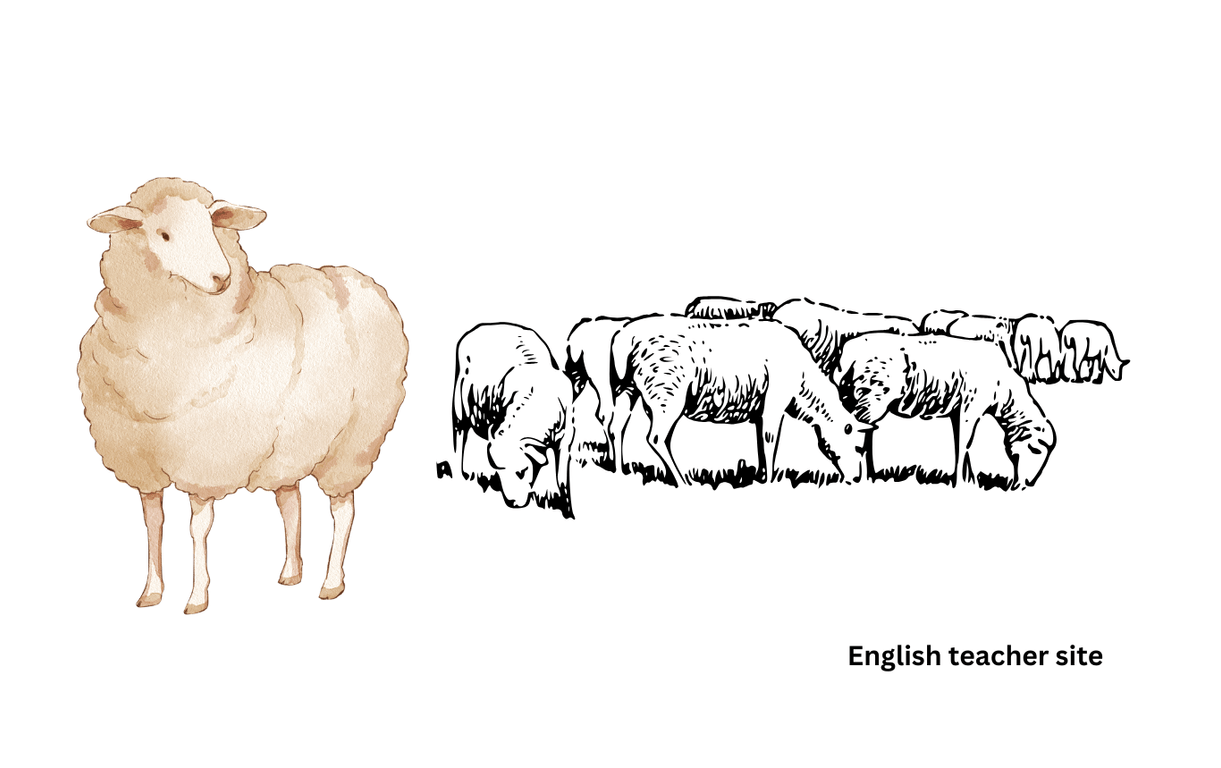
- “Media” is grammatically plural but can be used as singular when seen as a collective noun.
- The correct use of “media” as singular or plural depends on its contextual meaning.
- Language evolution influences the singular or plural treatment of the term “media.”
Understanding whether to treat “media” as singular or plural hinges on how it is being used. When referencing the collection of communication outlets collectively, such as newspapers, television, and radio, many experts accept “media” as a collective singular noun. On the other hand, when specifically emphasizing the individual components within the media landscape, treating it as a plural noun is more accurate. Language authorities, style guides, and dictionaries provide guidance on usage, but the consensus is that context is key in determining the correct form.
Is Media Plural or Singular?
In the English language, the term media often sparks debate over its proper usage. Is it singular or plural? The answer is that it can be both, depending on the context.
The historical root of the word “media” lies in the Latin “medium,” which means “middle layer.” As a collection of communication outlets or tools, “media” is used to store and deliver information or data.
Given its Latin origins, “medium” is the singular form, while “media” is the traditional plural. In modern usage, however, “media” has evolved. It often behaves as a collective noun, which can be treated as singular when referring to a collective mass and plural when emphasizing the individual elements.
Usage of Media as a Singular Noun
When referring to a collective whole, such as a global news conglomerate, “media” often takes a singular verb. Here’s a simplified illustration:
| Usage | Example Sentence |
|---|---|
| Singular Verb | “The media is influential in shaping public opinion.” |
Usage of Media as a Plural Noun
In contrast, when the intent is to highlight individual outlets, “media” may take a plural verb. Consider this example:
| Usage | Example Sentence |
|---|---|
| Plural Verb | “Various media have reported the news differently.” |
Media in Referential Contexts:
- Singular Context: The media was focused on the election results.
- Plural Context: The print and digital media were at odds regarding their editorial approaches.
Whether one treats “media” as singular or plural can also depend on prescribed guidelines from style guides. For instance, the Merriam-Webster dictionary recognizes the flexibility in using “media” as both singular and plural, which is echoed by resources like Grammar Monster discussing collective nouns.
In academic and formal writing, consistency is key—if a writer begins using “media” as plural, it is expected to remain plural throughout the piece. The same principle applies to its singular use.
To conclude, “media” transcends rigid grammatical categorization. Knowing your audience and the specific message you’re conveying will guide you in deciding on its singular or plural usage.
Defining Media: Origins and Usage
This section uncovers their linguistic roots, illustrates their uses, and explores how ‘media’ has evolved to encompass both plural and singular meanings in modern usage.
Etymology of Media and Medium
Media is derived from Latin, where it is the feminine singular of the adjective ‘medius’ meaning middle. The noun medium emerged in Late Latin as ‘medius’, which translates to “that which is in the middle”. Traditionally, the Latin plural form of ‘medium’ is ‘media’, initiating a long-standing debate about the term’s plurality in English.
| Latin Origin | English Derivation | Part of Speech |
|---|---|---|
| medius (middle) | medium (singular) | noun |
| media (plural) | media (plural) | noun |
Examples of ‘medium’ used in context
‘Medium’ is often employed to signify a singular means through which something is conveyed or accomplished. Here are some examples:
- The artist chose oil paint as her preferred medium.
- In a scientific experiment, agar is commonly used as a medium for bacterial growth.
Examples of ‘media’ used in context
‘Media’, on the other side, is commonly used to refer to the collective channels of mass communication. Examples include:
- The rise of social media has dramatically changed the landscape of mass media.
- Newspapers, radio, and television are traditional forms of media.
Media as a Plural Term
Historically, ‘media’ was the plural form of ‘medium’. It referred explicitly to multiple individual mediums. For instance, when describing various types of artistic mediums such as clay, paint, and pencil, ‘media’ was the correct plural term to use.
Modern Interpretations and Singular Usage
In contemporary use, ‘media’ frequently operates as a singlular collective noun, particularly in American English (AmE), but less so in British English (BrE). It signifies the collective means of communication that has a widespread reach. Despite traditional rules, ‘media’ is increasingly accepted singularly, especially when referring to the mass media as a holistic entity.
| Term | Traditional Plurality | Contemporary Usage |
|---|---|---|
| medium | singular | singular |
| media | plural | plural and singular |
When the context involves communication channels or mass information dissemination, ‘media’ as a singular collective noun fits comfortably in phrases like “The media is covering the event extensively.”
- The adjective ‘media-related’ often applies to jobs or studies concerning these means of communication.
Sources
My name is Khamis Maiouf. I am the creator of the English Teacher Site, dedicated to providing valuable resources and insights for students around the world. With a passion for education and a commitment to helping students enhance their skills, I aim to make English teaching more effective and enjoyable for both educators and students.

